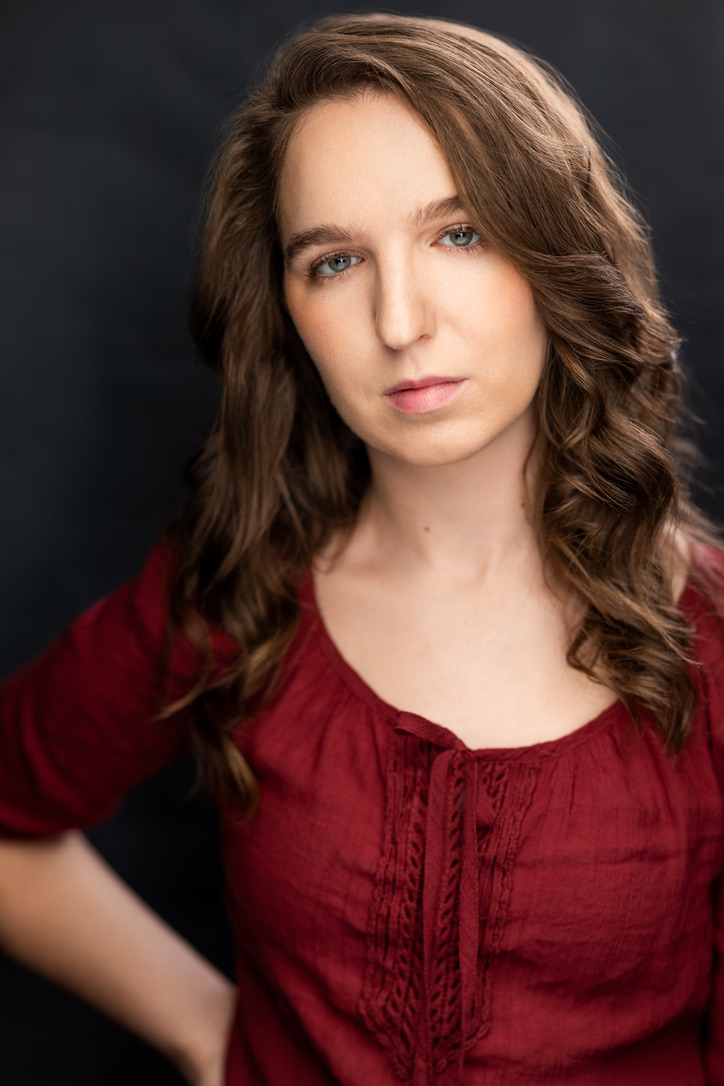We recently connected with Katherine Mccrackin and have shared our conversation below.
Hi Katherine, thanks for joining us today. Do you feel you or your work has ever been misunderstood or mischaracterized? If so, tell us the story and how/why it happened and if there are any interesting learnings or insights you took from the experience?
The nature of being an openly disabled person means frequently being mischaracterized. Disabled people, and especially those with non-apparent or invisible disabilities, are often disbelieved. Whether it is doubt over whether someone actually needs a certain accommodation or even not being believed about having a disability, our claims and even being are regularly called into question. My own experience is no exception.
When playing the main character Chris in The Curious Incident of the Dog in the Nighttime, I made no secret of either my own autism or my physical disability. By the nature of playing a character who never left the stage for a two-hour show, my physical challenges and limitations were well known in the cast and crew. Before load-in, my director suggested we create a sign-up sheet, allowing myself and any other members of the cast and crew with any kind of physical limitations, whether disabled or not, to help out in ways that were accessible for us. This did not happen, leaving me sitting awkwardly in the audience with my mobility aid, trying to find activities I could safely do. A member of the production team turned to me, jokingly commenting that it must be nice for me to be able to just hang out and not do anything. To this day, I do not know whether the joking tone was genuine or meant to cover up something deeper, but the comment certainly hurt. Thankfully, I had already learned how common this attitude is towards disabled people: that it must be so great to be able to not work or contribute to group projects. Even when meant as humorous, this callous comment often brings up feelings of shame, often degrading feelings of self-worth. This comment’s impact on me certainly did. I wanted to be able to help, but they did nothing to allow me to take part in a very physically-demanding part of the process.
I knew that this attitude was unfortunately common when viewing the disability community, but it hit especially hard when I was the target. Thankfully, I was surrounded by friends who reminded me of the ignorance of this comment, along with who I really am. Ironically, one thing in particular really reminded me of my own worth: the stage manager thanking me at the end of the process for all the regular help I provided in getting the rehearsal room set up or taken down. I knew this help rarely came without negotiations with my body; frequently I would tell myself that I could stack no more than several chairs, then I needed to rest. Yet she still reminded me that I consistently worked within my limits to provide help and be a team player. Ultimately, this experience reminded me of the importance of listening to and honoring my own limitations. Yes, I will likely hear comments made like this again. But in a way, they bring me closer to the disability community now, to other people who have heard this and struggle to remember themselves. I am grateful to have had people who reminded me who I am, and what I believe in, even when others try to make me doubt myself.
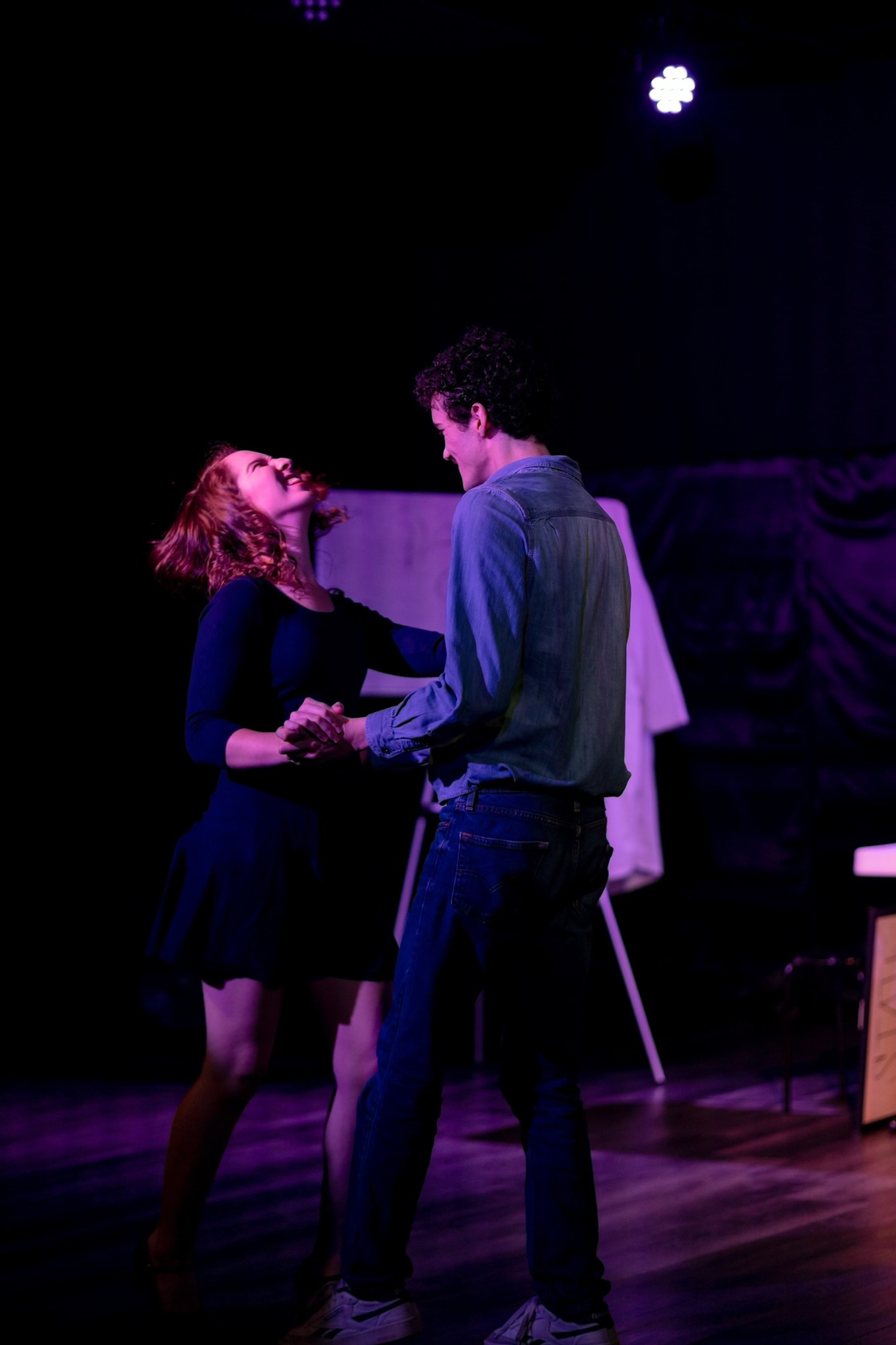
Great, appreciate you sharing that with us. Before we ask you to share more of your insights, can you take a moment to introduce yourself and how you got to where you are today to our readers.
I work as a disabled theatre artist. Though much of my background is in acting, I also have some experience in stage combat, intimacy direction, and access consulting. In each area, the common denominator is my experience as a disabled person; I intentionally bring my whole self into the room. As an actor, this allows me to view my character through a disabled lens, often lending more depth and complexity, even if my character is not explicitly disabled. In other roles, I have found this helps guide me in making the room accessible to other artists, whether they need accommodations for their own disabilities or simply work best through certain methods. I have worked hard, both in terms of personal reflection and in terms of fighting ableism, to get to a point where I can bring my whole self into a room. At this point, I am regularly working towards continuing this and hopefully helping other disabled artists who may be in these spaces after me.
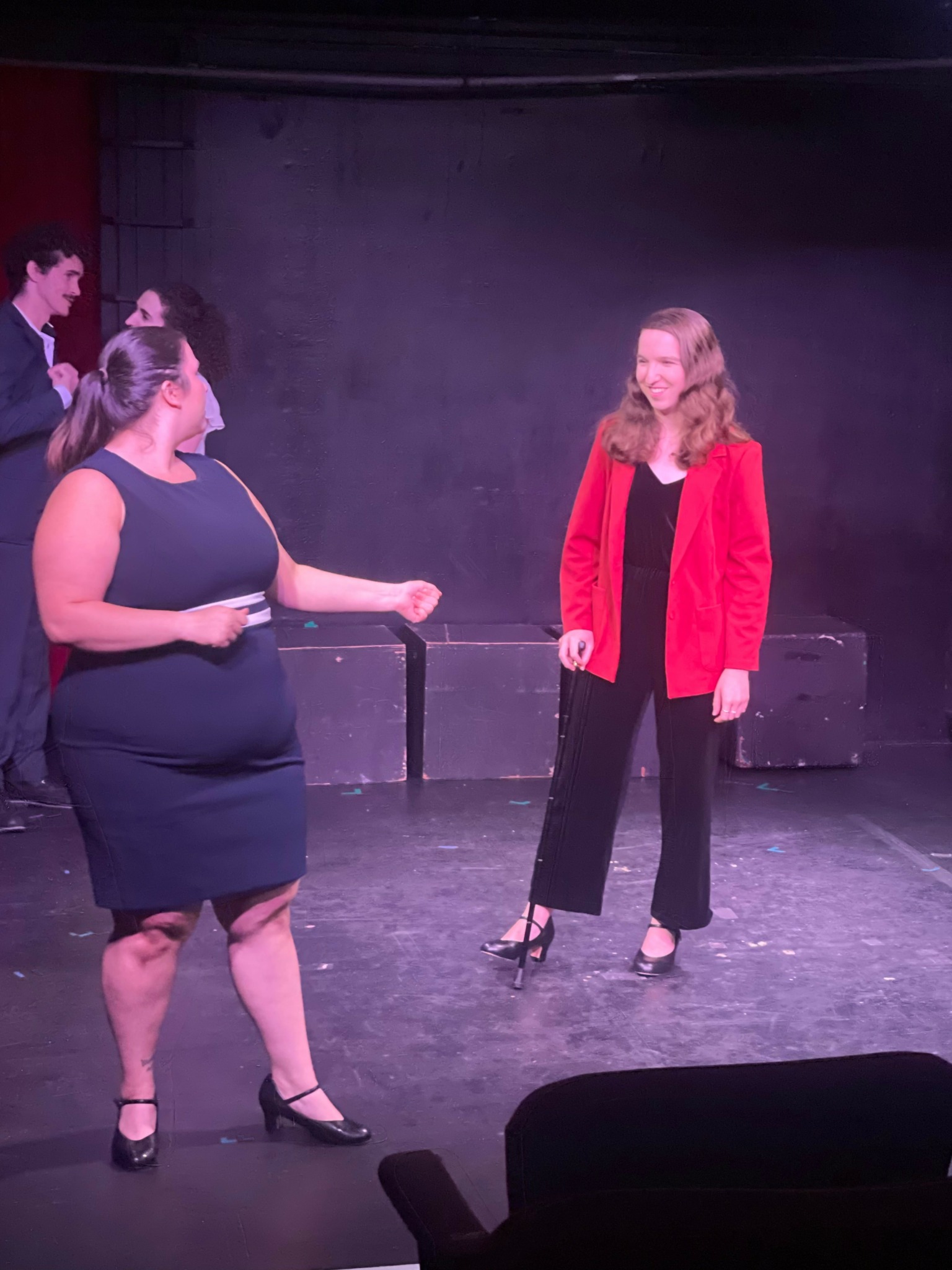
Is there a particular goal or mission driving your creative journey?
From a young age, many of my interests have been driven primarily by advocacy. When I was younger, it was typically in defiance of people who told me that girls couldn’t do math or martial arts. Since then, it has expanded to include all the ways people have tried to label me either because of or against my disability. Part of the irony of being disabled is the many catch-22s that exist with it. If you identify strongly with the label “disabled,” you’re probably making it up for attention; if you distance yourself from the label, it was never that bad anyway and you didn’t really need those accommodations. There is no winning. Ultimately, that has driven me to both embrace the label, and more importantly the community, while still exploring what it means for me as an individual. This has certainly brought pushback against facets that appear contradictory, yet when I discuss these things in the disability community, I find they are often not uncommon. It is my hope to help build that community so other people have somewhere safe and affirming to turn when they experience that pushback. Not only that, but I also hope to educate those who are not disabled so there can be a better understanding of the disabled experience. Those catch-22s can be demoralizing and painful to hear, and it is my ultimate goal to decrease the spread of those erroneous beliefs.
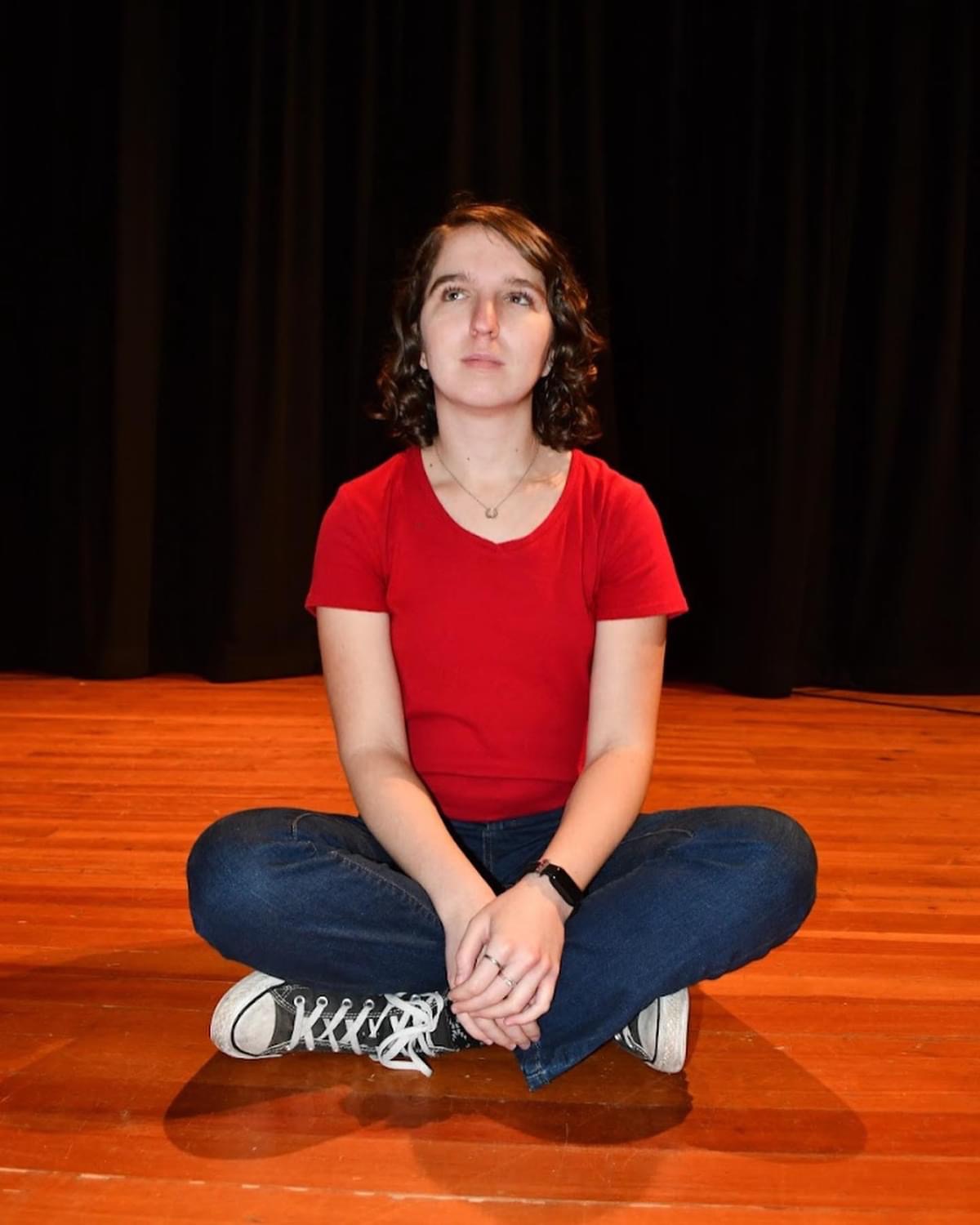
What can society do to ensure an environment that’s helpful to artists and creatives?
Unfortunately, there is a long list of things society could be doing to provide better support to artists. One of the primary items though is better education, and a greater value of artistic education. So often STEM subjects are viewed as greater intellectual pursuits, or more worthwhile of students’ time. While I would never malign those subjects, especially being quite the nerd myself, I hate to see them put in competition with the arts. In schools, art programs often lack funding, and many schools only have a couple to choose from in the first place. It is rare to find a school with not just a solid visual arts program and a drama club, but also film or photography classes, for example. If children, with their vivid imaginations, are not given these opportunities, how can we ever expect proper resources for adults who are attempting to make a career out of these imaginations?
Contact Info:
- Instagram: @katherine.mccrackin
- Other: Breaking Boundaries Podcast:
Spotify – https://open.spotify.com/show/4Ui32INgN6sBZCdWt6ejBR?si=a02ad68206a94fa6
Apple – https://podcasts.apple.com/us/podcast/breaking-boundaries/id1734843207
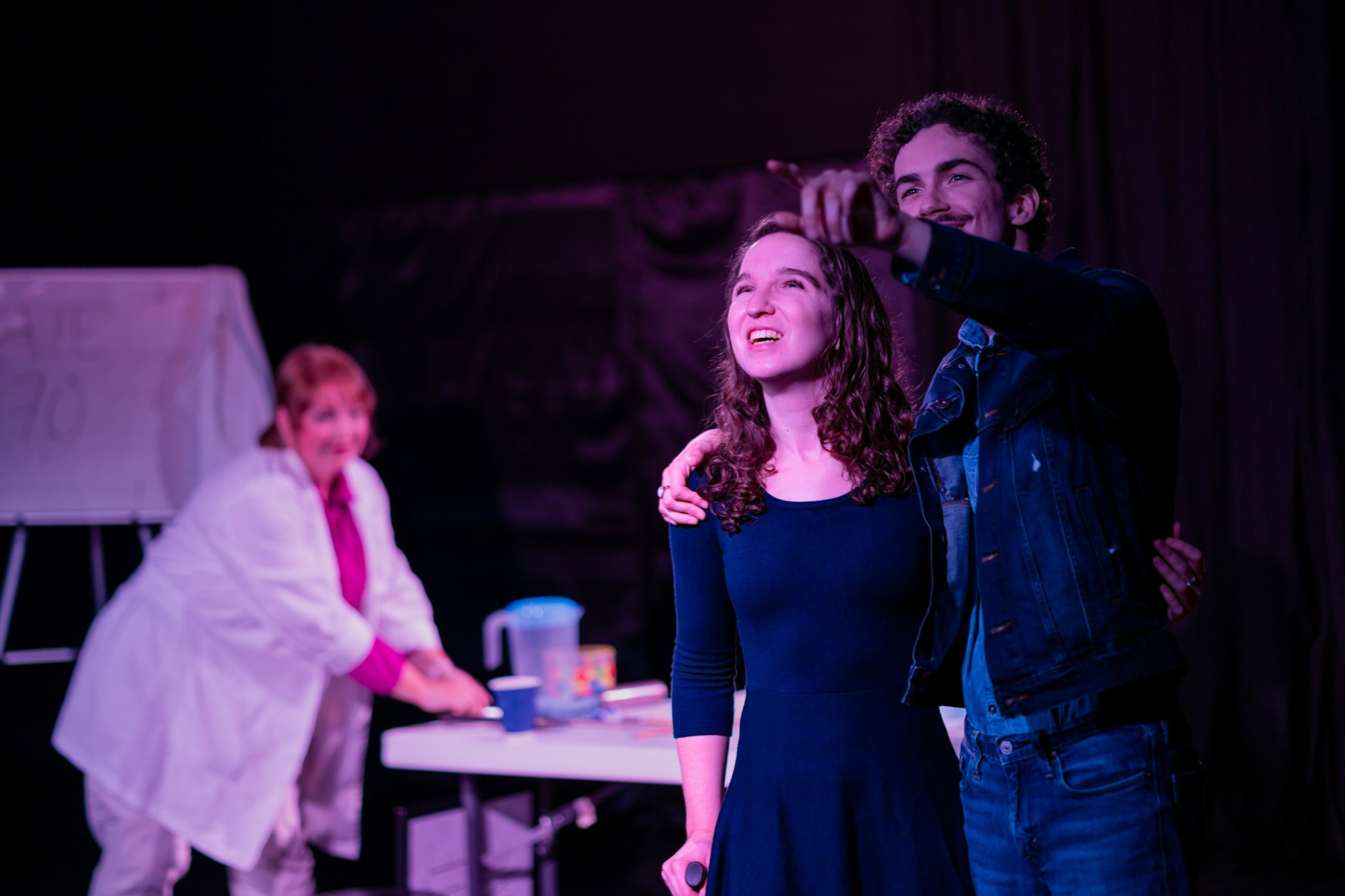
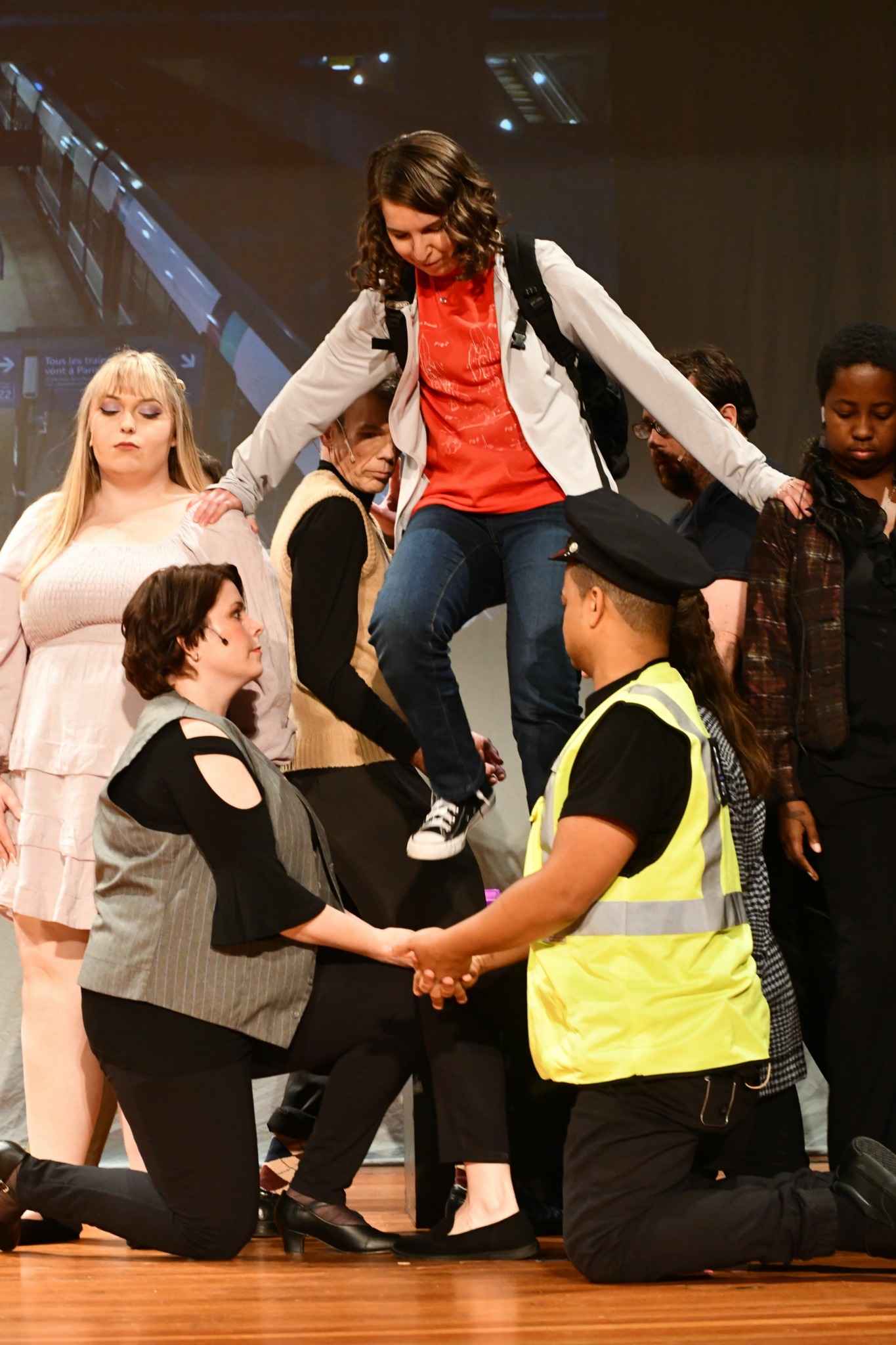
Image Credits
Nile Scott Studios
Milestones Studios
Colleen Locke


